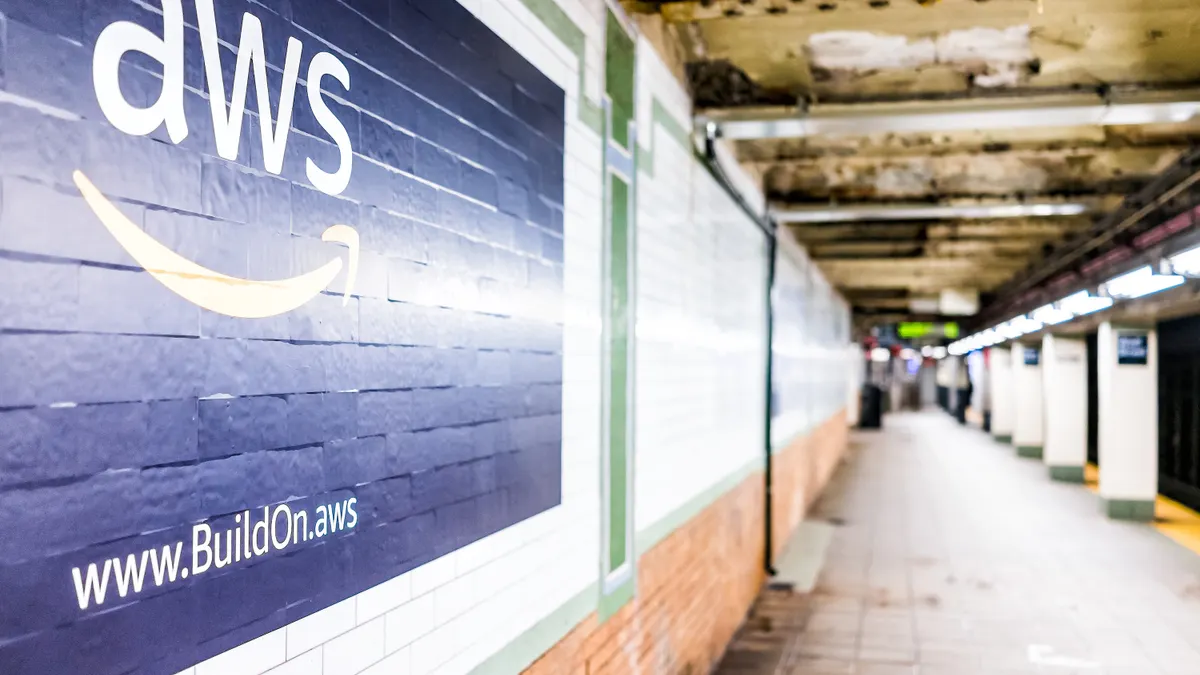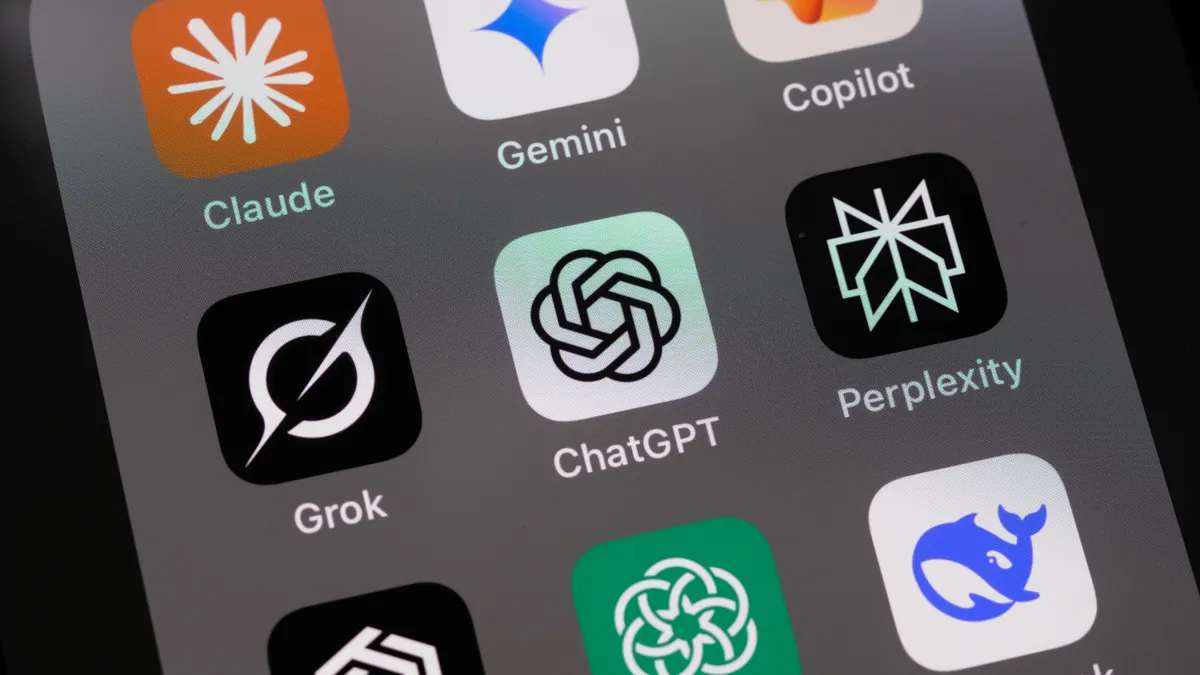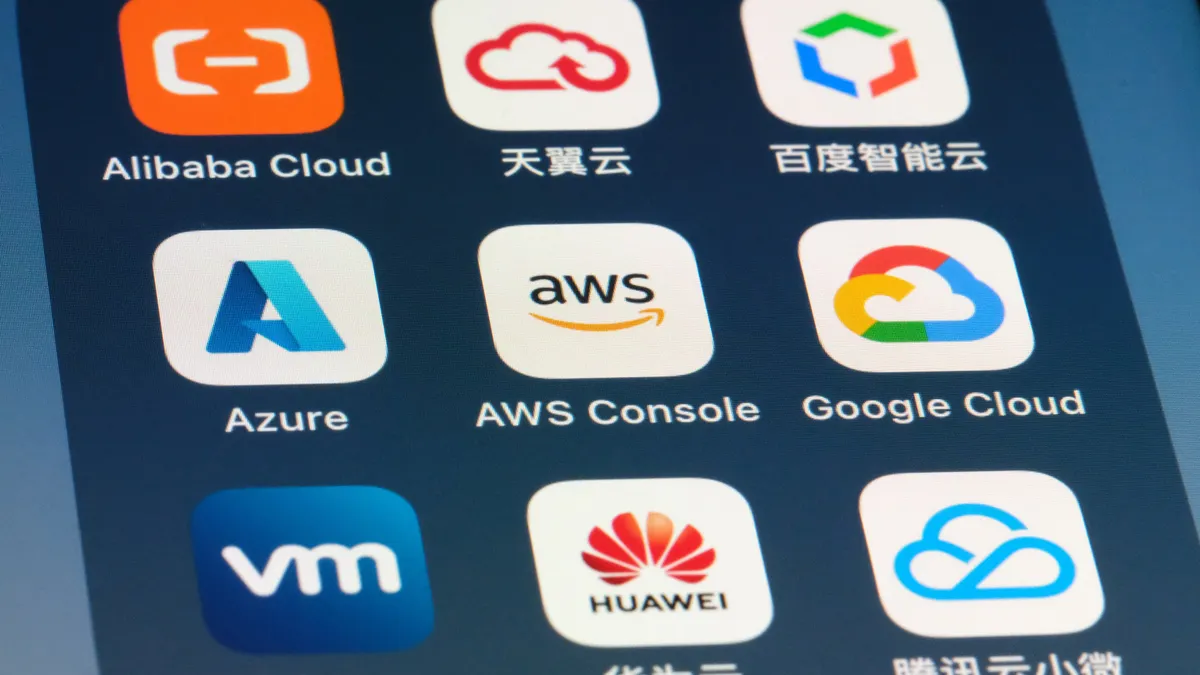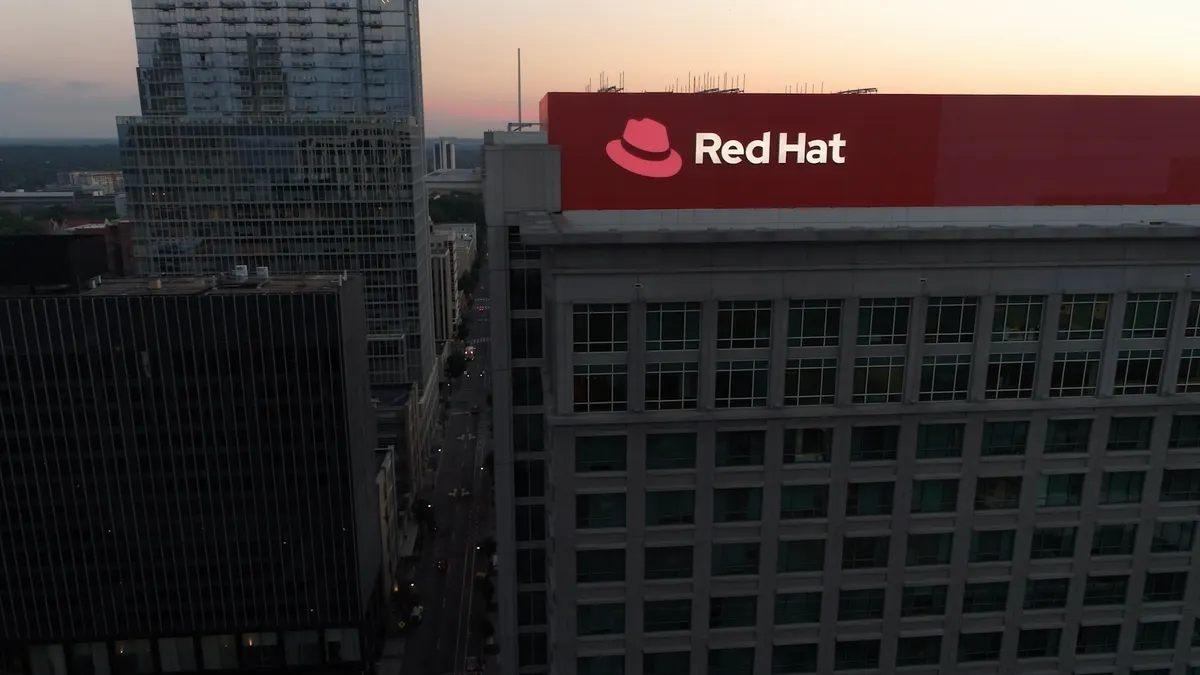If you're accustomed to hearing the terms artificial intelligence and machine learning mentioned in the same breath as flying cars or living on other planets, you're due for a wake-up call.
Machine learning is here — and it's expected to grow even more in the next few years. The industry, valued at $8 billion in 2016, is anticipated to reach $47 billion by 2020.
While the lion's share of that spend will go to banking and retailers — with data analytics poised to do everything from manage supply chains to predict what consumers will be shopping for next — a large portion will be spent by businesses looking for ways to enhance the HR function. Startups are engineering AI for a piece of the HR assessment market, and they're already seeing results.
Matt Hendrickson, CEO of Ascendify, believes AI will help HR become more streamlined and strategic. Recruiting, talent management and contingent labor supply were previously discrete entities, but he believes they can be brought together in one place to drive better business decisions.
"One HR person, with the support of an intelligent AI assistant, can make smarter, more strategic recommendations based on any business line managers need," said Hendrickson.
AI provides the data. Need a full-timer? At the ready is information about any candidate in the talent pipeline. It can even estimate the time and cost to both hire and get the new employee up to speed. When looking at an internal candidate, AI can tell who can do the job, who's waiting for promotion and where they are skills-wise in regards to the position.
"An intelligent assistant gathers up all of this data and helps HR make smarter recommendations based on past patterns of success — and it gets smarter with every use," Hendrickson said.
AI is tackling some of the drudge work as well as highly detailed functions in surprising ways.
Sifting through resumes
For the recruiter who dreams of spending hour upon hour reading through countless resumes to find candidates worthy of a second look, AI is a dystopian nightmare. For the rest, it's a dream come true.
"Think of an AI bot as a diligent recruiter who works 24/7 to find the right matching profiles for all of the open jobs at your company," Madhu Narasa, CEO at Glider, told HR Dive. "It then engages with them one-on-one, using company collateral, connections, etc. to convert them into potential candidates."
Basics
An AI enabled process can automate basic tasks, from notifying candidates of shifts or salary ranges to confirming they want to continue the interview process.
Employers can also use the tech to ask for follow-up information and necessary forms or certifications. Machines can politely notify candidates they do not meet requirements or suggest other available positions more suited to the skillset, which AI can cull from their resume.
"AI recruitment platforms can process tasks at a scale and speed that most HR teams would struggle with, analyzing thousands of candidates' applications in mere seconds," Ben Reuveni, CEO of Workey, said.
Scheduling
Automatic scheduling could be a major time saver for recruiters. Interviews can be scheduled with candidates in a snap when AI has access to the calendars of all parties involved in the process.
It can determine open times, suggest options and put candidates quickly on track to interview, saving HR from playing phone tag with hiring managers and speeding up the hiring process.
Screening
AI can screen job postings and descriptions for exclusionary or inappropriate language. It has the additional benefit of removing unconscious bias and blatant inequality from the hiring process, at least in the initial rounds, according to Reuveni.
"AI recruitment tools are programmed to focus on a candidate's experiences and abilities, ignoring irrelevant factors such as name, gender and ethnicity," Reuveni said. But it's not a perfect solution.
Reuveni warns: "Companies will need to be mindful of existing biases, and work to ensure that AI does not perpetuate the problem."
For example, if a company is comprised of predominantly white males with identical experiences in terms of previous roles held and academic institutions attended, there is a concern that AI will compound the problem by selecting candidates that complement the company's existing social makeup. "This emphasizes the need for humans and AI to work together in HR," Reuveni said.
Some AI passively sources potential hires. It can search job boards, professional profiles and other locations to find a match for a vacancy, then communicate with the prospective candidate about their level of interest.
"AI can screen a large number of candidates holistically, considering multiple factors at once, as opposed to manual screening which is time consuming and tends to overweigh one or two factors that are in the screener's mind while they're looking at candidate resumes or profiles," Narasa said.
Other platforms look at a candidate's online presence, screening for signs of violence, sexual content, bigotry or drug use. Conversely, positive traits, such as volunteerism, can also be scanned for.
Video interviewing and auditioning
More companies are using videos in conjunction with AI to assess candidates, which is helping identify and quantify soft skills such as truthfulness and empathy. AI systems look at word choice, inflections in a candidate's voice and micro-gestures for insight into soft skills, even if facial expressions contradict what they're saying.
For some companies, auditioning for a role blends AI with on-the-job training. For example, applicants may field calls from bots who represent consumers.
These types of integrations evaluate soft skills as well as responses from the candidate. Some platforms evaluate whether a candidate will fit the corporate culture by looking for favored words, the use of please and thank you and whether they pay attention to detail.
But concerns that AI will take over recruitment are unnecessary. Reuveni believes the implementation of AI is set to change HR staffs' primary functions for the better.
"As opposed to spending hours upon hours searching and screening candidates, HR staff will be redirected to playing a greater role in creating a happy, productive work environment with their primary focus on employee retention," he said.




















